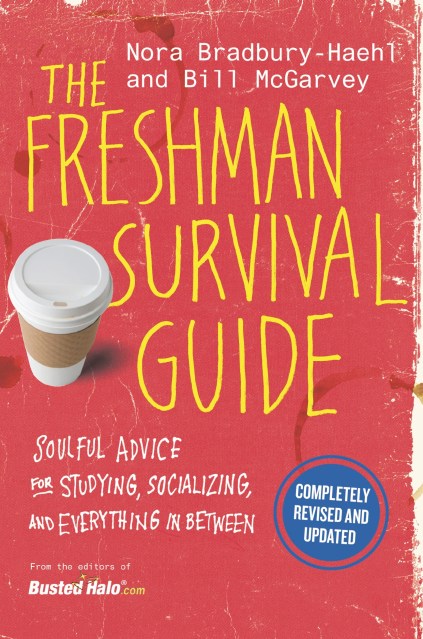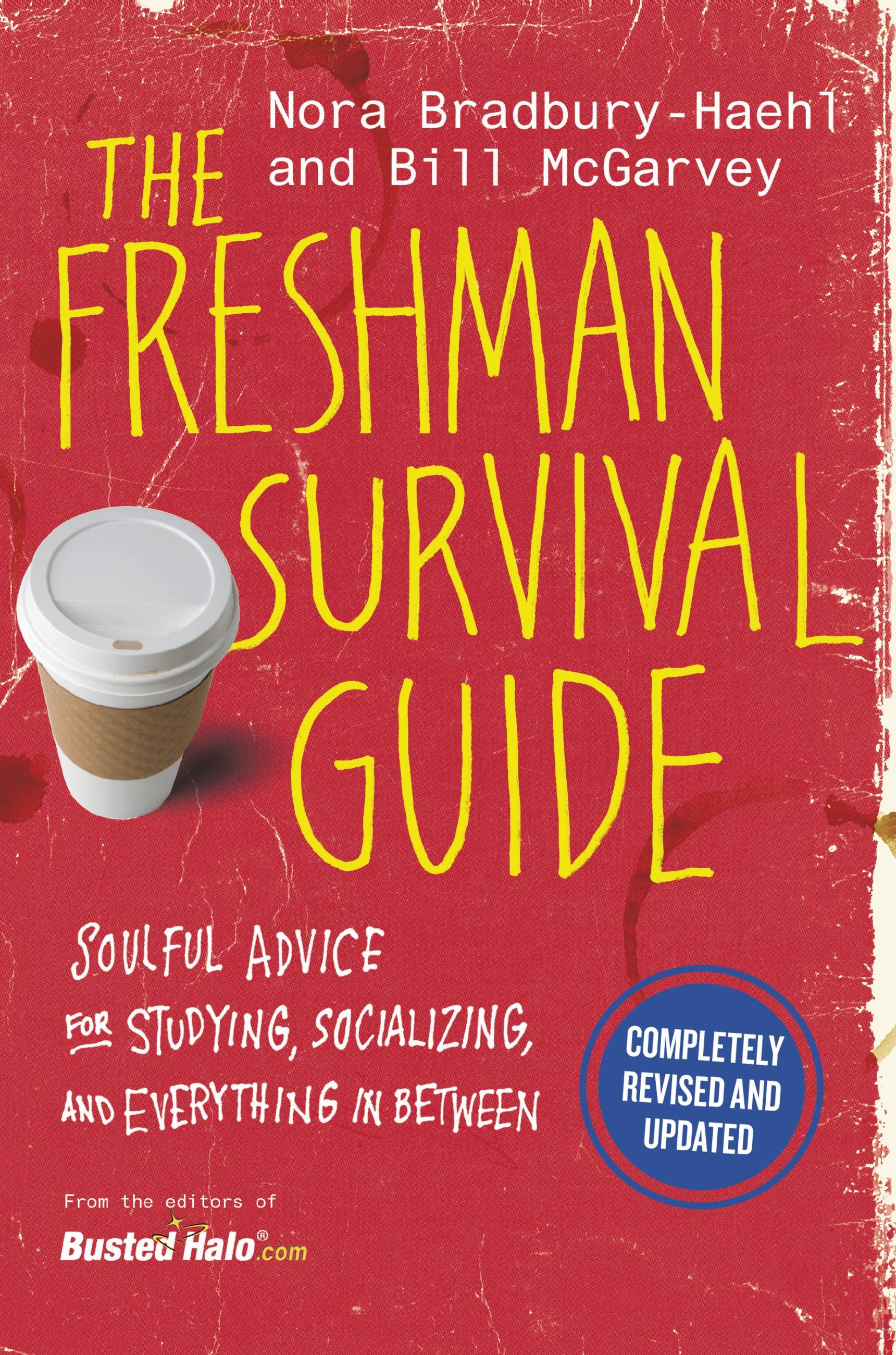Promotion
Use code MOM24 for 20% off site wide + free shipping over $45
The Freshman Survival Guide
Soulful Advice for Studying, Socializing, and Everything In Between
Contributors
Formats and Prices
Price
$18.99Price
$23.99 CADFormat
Format:
- Trade Paperback (Revised) $18.99 $23.99 CAD
- ebook (Revised) $14.99 $19.99 CAD
- Audiobook Download (Unabridged)
- Trade Paperback (Revised) $19.99 $25.99 CAD
This item is a preorder. Your payment method will be charged immediately, and the product is expected to ship on or around April 5, 2016. This date is subject to change due to shipping delays beyond our control.
Also available from:
In the four years since its initial publication, The Freshman Survival Guide has helped thousands of first year students make a successful transition to college life. However, much has changed on campuses. The explosion of technology, ubiquity of social media, and culture changes have all added new layers of complexity to the leap from high school to college. The Freshman Survival Guide‘s updated edition features new research and advice on issues such as mental health, sexual assault, and finding balance. It also features expanded sections on dating, money management, and an increased focus on how the over 1.5 million incoming freshman can prepare themselves for the biggest change they’ve encountered in their lives: heading off to college.
Genre:
-
THE FRESHMAN SURVIVAL GUIDE is a strikingly clever work from Bradbury and McGarvey in which the potentially tremulous first weeks of college life are dissected into 25 must know survival tips. From healthy relationship building to avoiding the disastrous pull of procrastination, the guide colorfully dispenses common sense and holistic development. The newest members of any college community will find in this guide a wonderful blend of down-to-earth advice and answers to the deepest of life questions. It is not afraid to address the big life questions of faith, service, the meaning of life and one's spiritual journey. I can not think of a better gift to give a son or daughter, a niece or nephew, a godchild or grandchild who is heading off to college.Michael Galligan-Stierle, Ph.D., President, Association of Catholic Colleges and Universities
-
Every young person goes to college with a computer-and now they need to go with THE FRESHMAN SURVIVAL GUIDE.Bob McCarty, Executive Director, National Federation of Youth Ministry
-
College students arrive on campus with impressive resumes and advanced academic skills. Many, however, do not have the ability to confront the profound questions of meaning, values or spirituality that will face them as they enter the adult world. This book makes an important contribution to helping college students navigate these defining moments.Wayne L. Firestone, President, Hillel: The Foundation for Jewish Campus Life
- On Sale
- Apr 5, 2016
- Page Count
- 400 pages
- Publisher
- Center Street
- ISBN-13
- 9781455539000





